6. Trainwreck (86%)
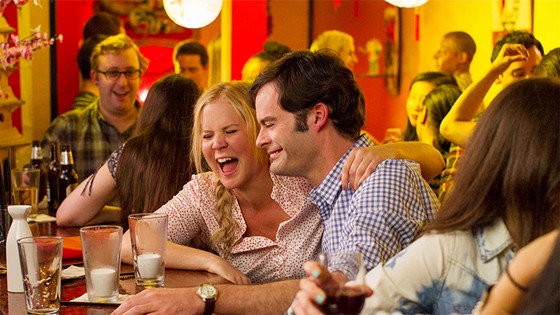
No, Trainwreck’s placement on the list isn’t the result of the recent(ish) Amy Schumer backlash that’s been sweeping the nation. Rather, it appears on this list because it’s a formulaic romantic comedy that happens to have Judd Apatow’s name attached to it. At the time of release, Schumer was on top of the world, so expectations were high for her collaboration with comedy’s golden boy. While the folks at Rotten Tomatoes adored the movie, others were a little harsher, and rightfully so.
Critics adored the fact that it defied genre conventions and switched up gender roles, but did it really? Sex-positive romantic comedies that make feminist statements weren’t invented by Apatow or Schumer even if reviews will have people believing otherwise.
Trainwreck is only somewhat subversive because the first half manages to avoid some genre clichés, but it definitely doesn’t avoid all of them. Characters are still archetypal. Meet cute scenes are still eye-roll inducing. The geeky guy is still the love interest. It doesn’t help that any attempt at originality is completely undermined during the latter half of the movie, where Trainwreck becomes the movie it so desperately tries to avoid being.
This isn’t to say that Trainwreck is a (wait for it) trainwreck. On the contrary, it has some decent ideas and the supporting cast seems to be having a blast. This list is about movies that don’t deserve their Rotten Tomatoes score though. Judd Apatow’s formulaic sex comedy simply isn’t the groundbreaking feminist game changer it has been labeled. It’s fun in small doses, but there are better movies that approach the subject in a similar way.
7. My Big Fat Greek Wedding (76%)
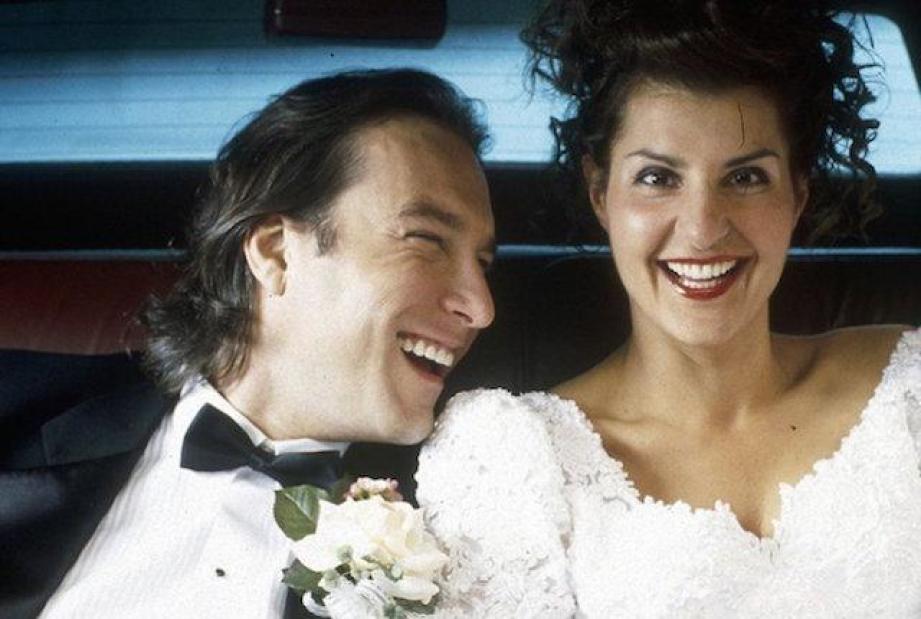
Critics have never liked romantic comedies, so how did My Big Fat Greek Wedding get such a warm response? It’s not like it approaches the genre in a meaningful way. Instead, it throws in a few annoying stereotypes and provides viewers with an unlimited amount of unlikeable characters. Sure, it’s liable to make you chuckle once or twice, but it’s a movie that’s both too safe and too loud to be really enjoyable.
Romcoms get slammed because they find it so easy to follow a template. It’s incredibly easy to follow a formula when it has been so neatly laid out for decades. Considering the fact that these movies almost always make their budget back, it’s hard not to play things safe. Too much experimentation could scare potential viewers away and thus scare the money away.
My Big Fat Greek Wedding only breaks the mold by making every character irritatingly abrasive and in-your-face. There’s no subtlety here. There’s just loud stereotypes screaming into the camera for 96 minutes while people apparently fall in love. Unlikeable characters don’t always hurt the quality of a comedy, but they do when they also aren’t very funny.
My Big Fat Greek Wedding isn’t funny, original, or engaging. It’s the same movie that’s been done time and time again except with bigger hair and phonier accents. Enough people liked the movie to earn it a sequel, but maybe a rewatch will prove that this thing has aged pretty horribly.
8. Finding Dory (94%)
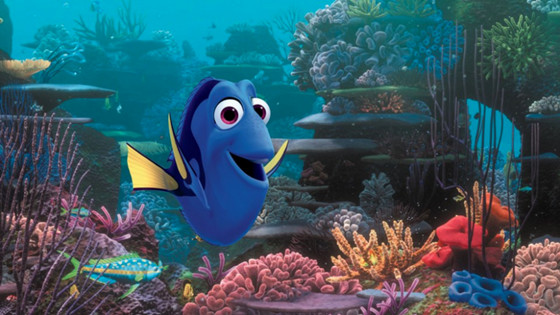
If only Pixar could make excellent sequels for movies other than Toy Story. While Finding Dory is arguably the best non-Toy Story sequel, it’s still a lesser Pixar movie that shouldn’t have earned this level of critical acclaim. Sure, the fresh reviews aren’t necessarily glowing, but it’s still odd to see that more critics weren’t turned off by the familiarity of the movie. As far as Pixar sequels go, this one plays it surprisingly safe, which is both its strongest and weakest aspect.
Finding Dory copies the basic outline of its predecessor and rolls with it. The result is a harmless, if unnecessary, piece of family entertainment. The cast is charming, the jokes usually land, and the plot is cohesive. It’s technically a good movie, but it’s also one that everyone has seen before.
The roles are switched this time around, but it’s still a matter of copying and pasting elements from a thirteen year-old movie. Even the Cars sequels managed to approach the sequels in a fresher way, even if they’re worse movies overall.
As stated, the Rotten Tomatoes score could be because the fresh reviews are just barely fresh, but it stills seems odd that there aren’t more detractors. Critics aren’t exactly fans of sequels that borrow too much from their predecessor. Need proof? Look at basically every comedy sequel out there. Maybe the fact that everything is technically solid saves it from the wrath of movie critics, but it still seems a bit odd.
9. The Matrix Reloaded (73%)
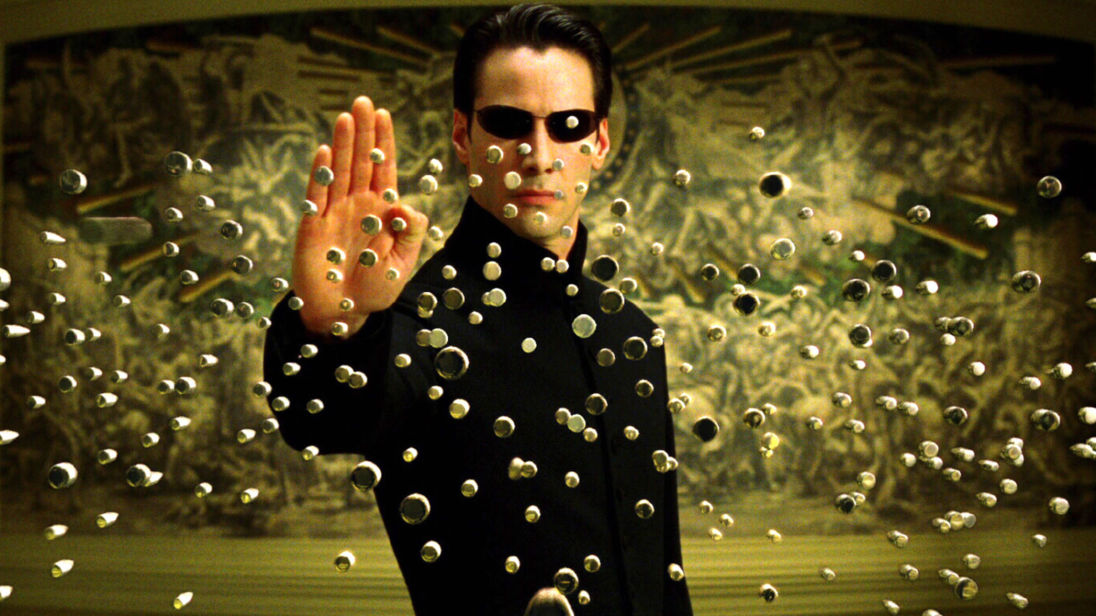
Given the venomous reaction to The Matrix sequels, it may be surprising to see The Matrix Reloaded sitting at a respectable 73% on Rotten Tomatoes. The initial reaction to the first Matrix sequel, at least by critics, was relatively positive.
It was considered a downgrade from its critically acclaimed predecessor, but it was generally considered to be a solid movie in its own regard. It was much more of a popcorn movie compared to its thought-provoking predecessor, but critics didn’t seem to mind.
They should have though. The original Matrix set up so much that the sequel ends up wasting. The focus on action detracted from the human elements that were prominent in the previous film. The movie doesn’t completely ditch the smarts, but its attempt to be a semi-intelligent movie backfires.
Subplots are left unaddressed and the the dialogue drags on without feeling remotely meaningful. The movie fails to wrap itself up in a tidy package which proves to be detrimental when the sequel does nothing to address that.
Revolutions was rightfully criticized, but Reloaded largely made it through the press unscathed. That being said, opinion has since shifted. Entertainment Weekly listed The Matrix Reloaded as one of the worst sequels of all time and the trilogy as a whole is rarely considered one of the best trilogies due to the lackluster sequels. That doesn’t change the fact that people really enjoyed the movie upon its release for some baffling reason.
10. Prometheus (73%)
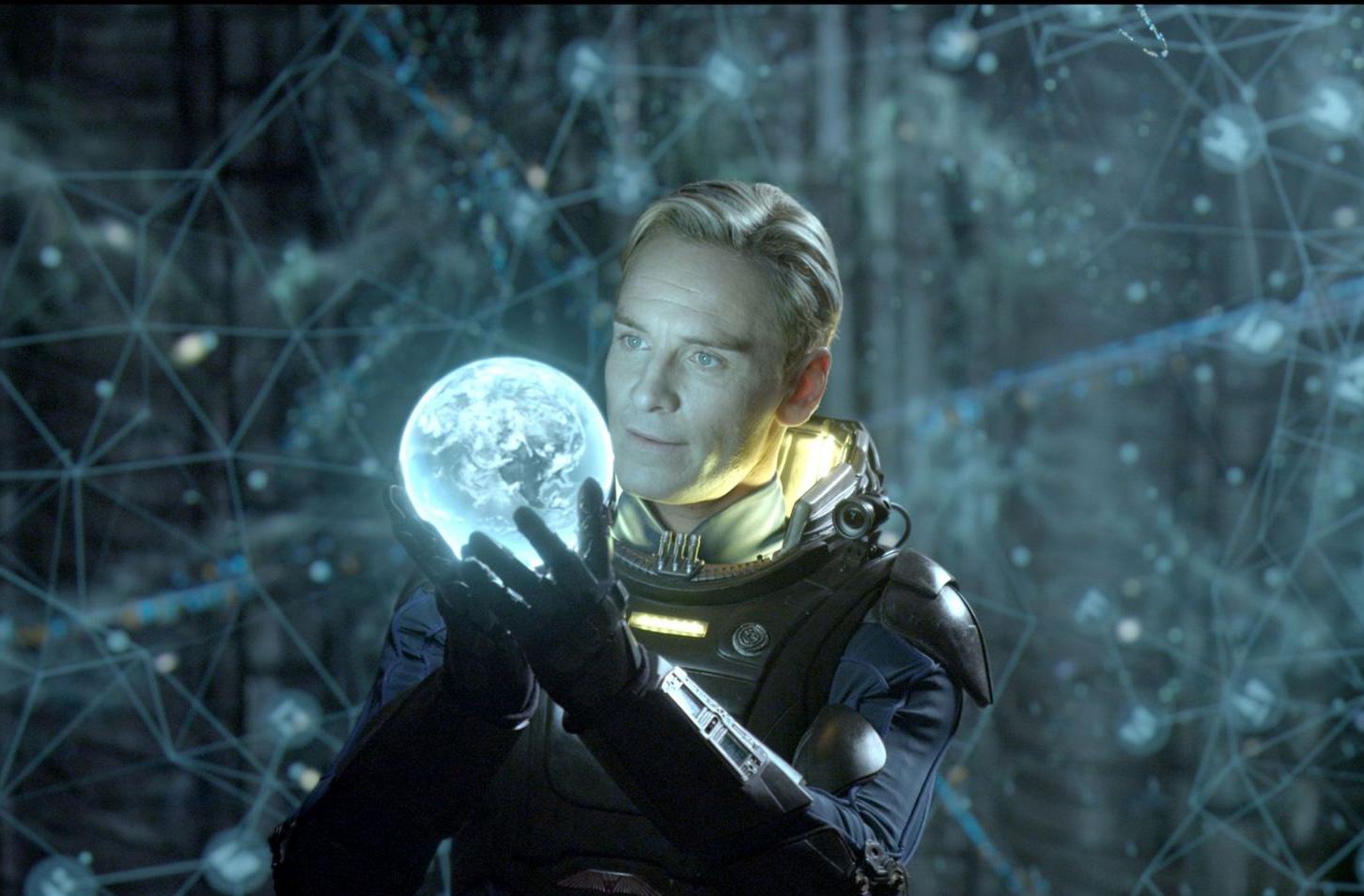
Ridley Scott’s sort-of reentry into the Alien series has garnered a polarized response. The complex mythos was praised, while the lack of horror and abundance of unanswered questions wasn’t quite as popular among viewers.
Defenders have stated that the mystery is part of the charm, but others view it as laziness on the part of the screenwriters. So who’s in the right here? Is Prometheus a movie that leaves plot holes for the viewer to disect or is it a movie that throws subplots at people only to forget about them before the credits roll?
A little of both. Prometheus deserves the mixed reactions. Movies shouldn’t introduce and subsequently abandon so many plot points just because the possible sequel might address them. A few unanswered questions are fine, but Prometheus leaves so much open that it hardly feels like a cohesive movie.
Upon release, it barely felt like a standalone movie because it relied on unconfirmed sequels to do the heavy lifting. While Covenant addressed some of these lingering questions, it failed to make Prometheus any less puzzling.
The more puzzling elements of the movie rightfully frustrated many viewers, which is why people have turned their back on Scott’s recent take on the franchise he created. While some adore his more intellectual approach to the series, others want to see xenomorphs popping out of people’s stomachs in a straightforward but engaging story.
Prometheus is oftentimes engaging, yes, but it’s also frustratingly ambitious. Its failure to live up to the promise ultimately makes it a movie that can only appeal to a certain type of moviegoer.